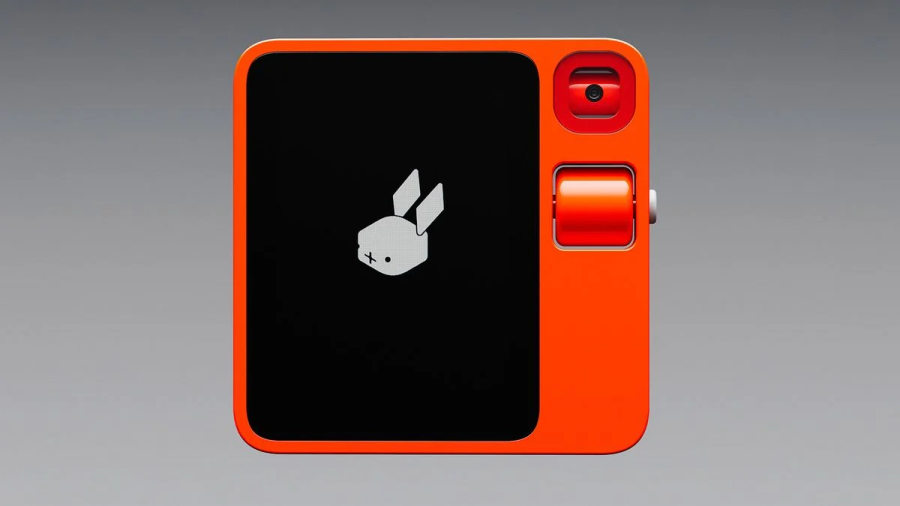According to a Recode report, Nokia may be entering the virtual reality fray with a headset of its own. Its sources peg a product unveiling for the Finnish company next week at an exclusive event in Los Angeles.
See also: Virtual-Reality Films Could Put The Whole Industry In The Spotlight
From a VR perspective, a Nokia VR device would be another product for consumers to mull over and developers to possibly build for: The movement kicked off by the Oculus Rift has since attracted the likes of HTC/Steam, Samsung (whose device runs Oculus technology), Sony, Google and several smaller names, not to mention related projects by giants such as Microsoft. Altogether, that makes for a race to connect our faces to all sorts of digital realities.
For Nokia, it’s a way back into hardware after the company was gutted by Microsoft, which bought the mobile arm in 2013. Not just any hardware, either. VR has become a trendy, frenzied area for tech makers. If Recode’s story pans out, Nokia’s play for virtual reality could be even more important—or at least more exciting—than any attempt it could make to dip back into the saturated smartphone market.
Opportunity Could Be Knocking On The Virtual Door
Nokia Technologies, the small hardware division left post-Microsoft, hasn’t completely forgotten about mobile devices. The firm produced the Nokia N1 Tablet and still plans to resume its pursuit of smartphones at some point next year, though at least initially through a licensing deal.
See also: Sphericam 2 Wants To Put VR Filmmaking Within Anyone’s Reach
But virtual reality represents a brave new world of hardware and software—one that’s at its early stages, much less crowded and with huge potential for the future. It would be the perfect market for a reborn Nokia to innovate in.
Consider this: VR turned out to be just the thing to reinvigorate interest in HTC, the struggling handset maker that wowed attendees at Mobile World Congress and the Game Developers Conference with its HTC Vive VR goggles.
For now, little is known about next week’s event or whatever device Nokia may show off there—including what support for it might look like. In other words, it’s not clear if this rumored headset will work off an existing platform, or foist yet another on app developers.
Some Real Hassles In Developing Virtual Worlds
For the people who will build the immersive, virtual experiences users will enjoy, that matters a great deal. Coding apps multiple times to support various platforms and devices plagued mobile developers for years. Right now, it’s not entirely clear if the same situation will ding the VR programming experience.
In a sprawling Reddit thread, Oculus founder Palmer Luckey confirmed that the Rift will be an open platform, so developers will be able to create apps without approval from Oculus itself.
Luckey also said he was hopeful that the same code could eventually work for multiple VR headsets in the future. However, it’s going to take time, effort and collaboration that Oculus and others can’t spare, while they ramp up their own products.
Now they may have one more to ponder, which could be both exciting and, depending on the details, possibly fraught.
If there’s a glimmer of hope, it may be this: The broader virtual reality’s appeal becomes, the more developer tools we’ll see. After all, neither filmmakers nor advertisers will want the complexity of remaking multiple versions of their virtual worlds. In that sense, if a Nokia-branded set of goggles really are on the tarmac, then everyone involved in VR should hope they take off and inspire greater adoption.
Image courtesy of Nokia









